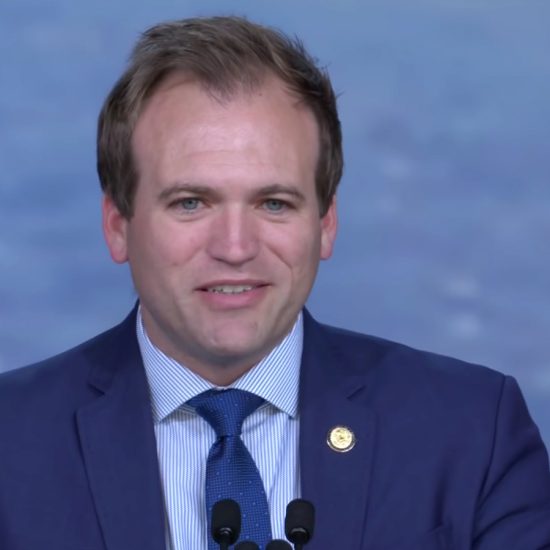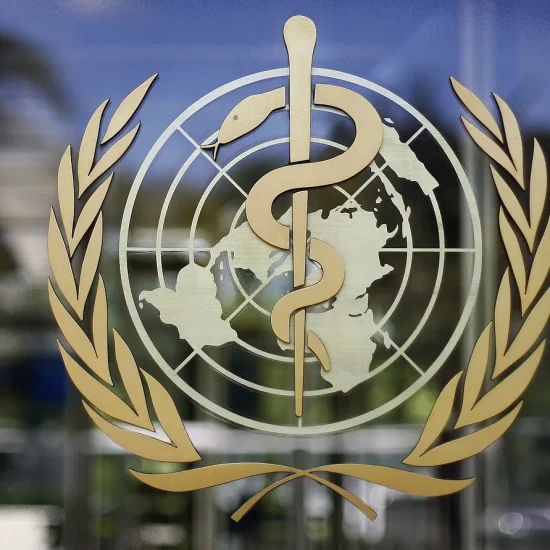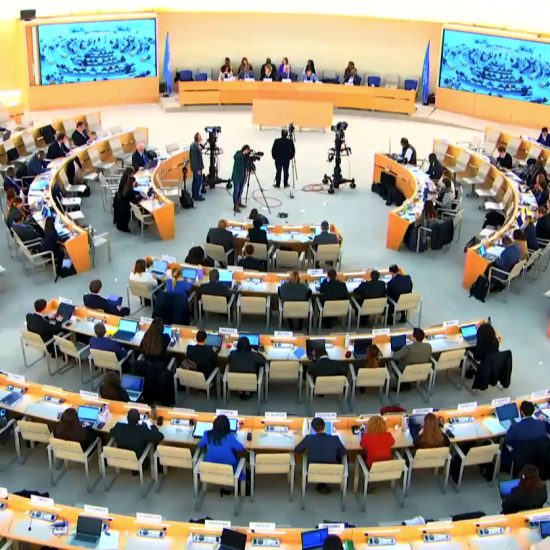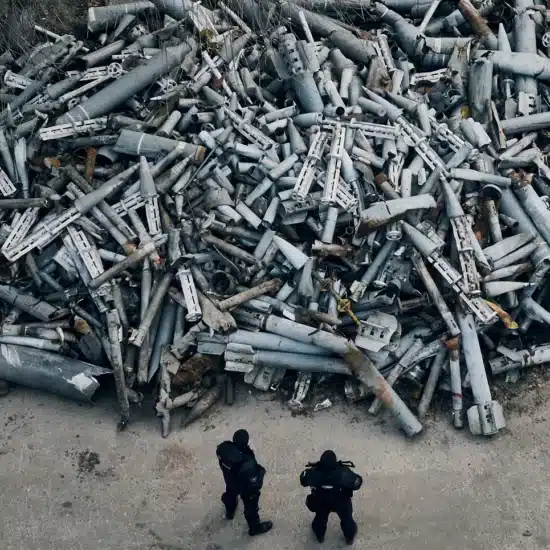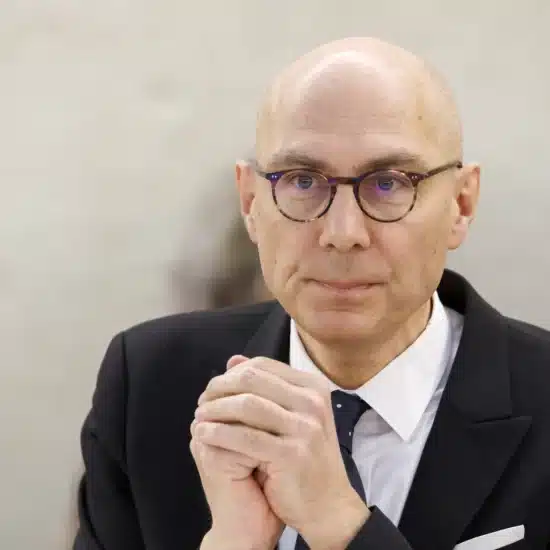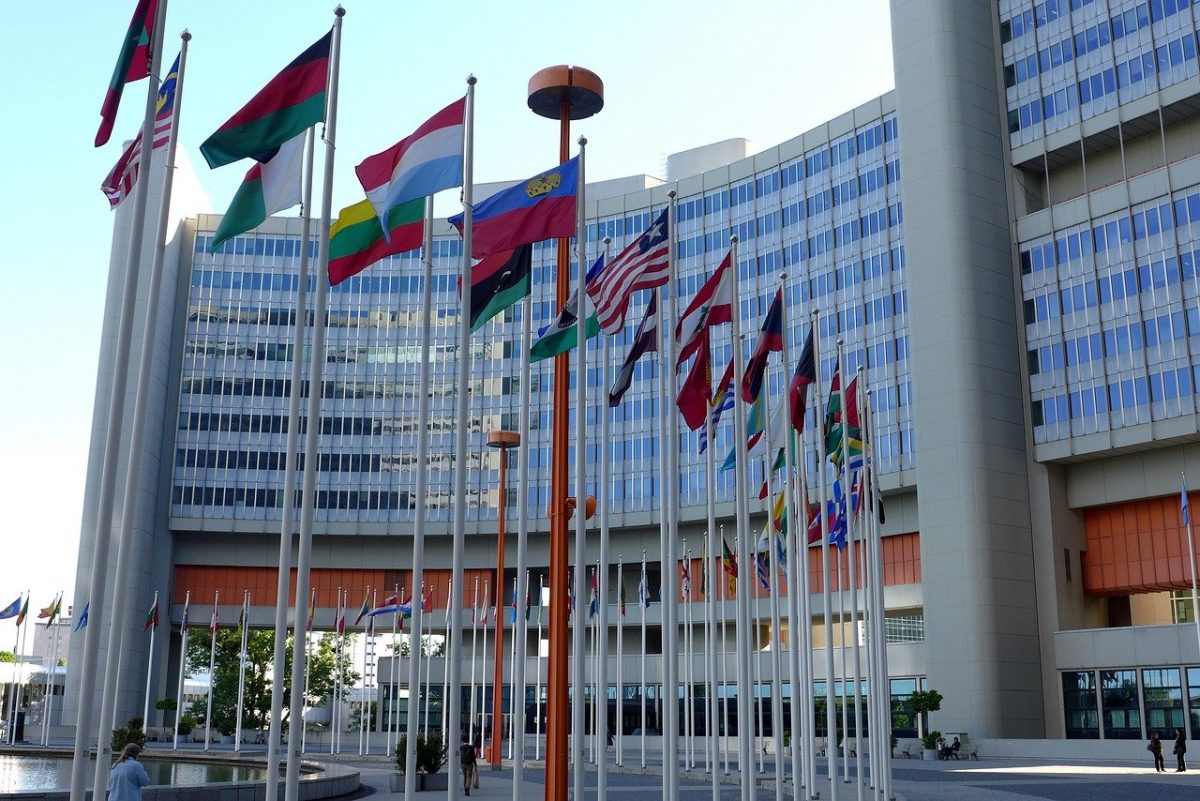
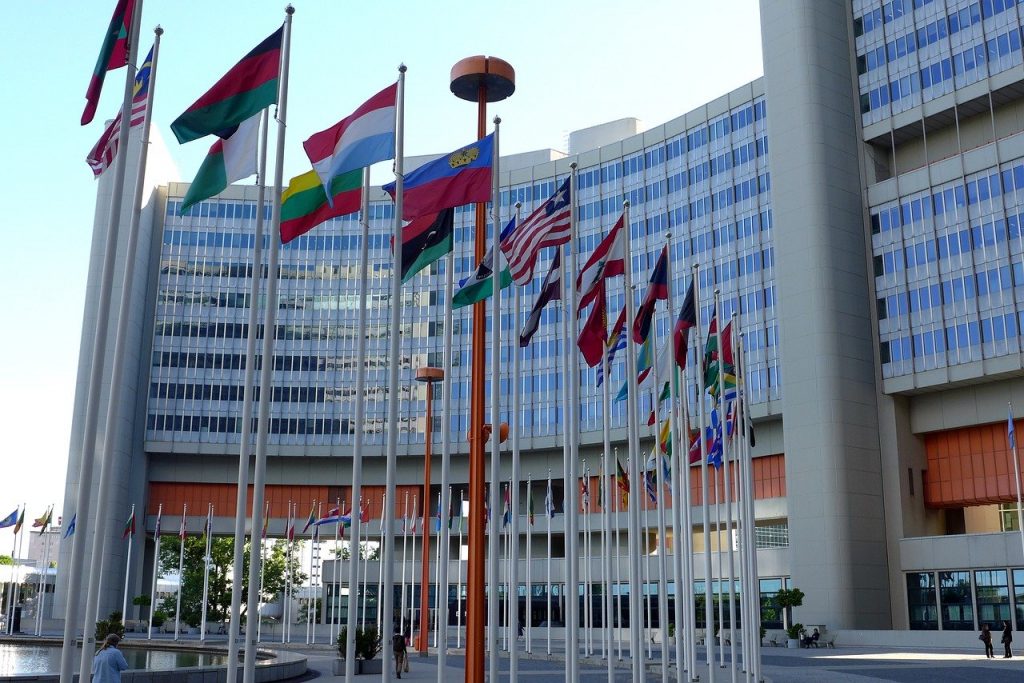
Pixabay
A majority of U.S. adults (54%) believe the United Nations is doing a poor job, according to survey results published on March 13 by Gallup.
While 43% said the U.N. is doing a good job in Gallup’s 2020 poll, the all-time high of U.N. affirmation occurred in 2002 when 58% said the organization was doing a good job.
Throughout polling history, Democrats have been more likely than Republicans to hold a positive view of the U.N., but the approval gap between parties has narrowed significantly in recent years.
In 2017, 57% of Democrats and 16% of Republicans held a positive view of the U.N. Since then, Republican approval has nearly doubled (30% approval in 2020) while Democrats support has remained stable (55% in 2020).
Responses about the U.N.’s role in the world have remained largely unchanged over the past decade.
In 2009, 38% wanted the U.N. to have “a major role, where the U.N. establishes policies, but where individual countries still act separately when they disagree with the U.N.,” with 40% holding this view in 2020. An all-time high of 49% affirmed this role in 2001.
One-third said in 2020 that the organization should play “a leading role where all countries are required to follow U.N. policies.” This is a three-point increase from 2009 and 11 points above the all-time low in 2007.
There was a two-point decline to 24% from 2009 to 2020 of respondents who want the U.N. to have “a minor role, with the U.N. serving mostly as a forum for communication between nations, but with no policy-making role.”
This is five points below the all-time high in 2007 and five points above the all-time low in 2001.
The Gallup poll diverges from a September 2019 survey by Pew Research Center finding more positive views, with 59% of the U.S. public expressing a favorable opinion and 33% an unfavorable view of the U.N.
EthicsDaily.com reached out to several faith leaders who have been involved with the U.N. in various capacities for their reaction and response to Gallup’s findings.
Scott Stearman, pastor of Metro Baptist Church in New York City, serves as a U.N. representative for the Baptist World Alliance and the Cooperative Baptist Fellowship.
His email comments to EthicsDaily.com focused on the U.N. and its ancillary organizations in the context of the global pandemic.
“We are living through a period that feels like a nightmare but is becoming all too real,” Stearman observed.
“We should all hope and pray that this tragedy of biology will lead us to a seismic shift of psychology,” he said. “The world is indeed small. What happens over there, comes here. We’ll either learn to think globally, or we will suffer locally.”
Lamenting that we’re paying the price for leaders who ignored early warnings regarding the novel coronavirus, Stearman emphasized “that we must invest in multilateral organizations like the World Health Organization, or the U.N.’s Conference of the Parties process on the environment” to be able to address collectively and effectively global challenges.
“No longer are we able to act as if one nation can become ‘first’ without concerning itself with its neighbors. Such medieval thinking will be our demise,” he said. “The COVID-19 is but a horrible symptom of an even greater disease.”
Liberato C. Bautista, assistant general secretary for United Nations and international affairs of the General Board of Church and Society of The United Methodist Church, also considered how the novel coronavirus might impact public opinion of multilateral entities like the U.N.
The public does not always recognize “the benefits that accrue from global agreements of consultation, collaboration and cooperation” through entities like the U.N., he noted in an email to EthicsDaily.com.
“The role of the United Nations in forging and stewarding global cooperation is crucial, in times of calm and times of crisis. Global cooperation in intelligence and surveillance on emerging viruses and bacteria is necessary if such passport-less and invisible, even invincible, diseases are to be mitigated, if not eradicated,” Bautista said.
“The collaboration of WHO and its global cohorts in the eradication of smallpox, or the ongoing programs to eradicate polio and malaria, are examples of how cooperation in global health benefits us all.”
Phyliss Boozer’s involvement with the U.N. began by representing the Cooperative Baptist Fellowship on the Committee on the Status of Women.
An application and background check, followed by a short drive and train ride to New York City, gave her “access to areas not open to the general public,” she told EthicsDaily.com via email.
“I attended my first session seven years ago,” she said, “and was honored to sit in sessions with women from so many nations: Afghanistan, Africa, France, Congo, the list is endless.”
Boozer, who serves as coordinator of Baptist Fellowship of the Northeast, said the U.N. “is not without its problems,” but emphasized that it offers a unique place “for bringing so many nations together in a safe, friendly environment” and lauded efforts “to promote peace and quality of life.”
“The general lack of support from the U.S. for the United Nations can be interpreted as an inability to control a sometimes-unwieldy organization in keeping with our self-perceived role as global leader,” said Shane McNary, who ministers with his wife, Dianne, among the Roma people in Slovakia and the Czech Republic as Cooperative Baptist Fellowship field personnel.
A desire to have the U.S. be a leader, with significant control and influence in global affairs, likely tempers public support for a multinational entity like the U.N., he said.
While the U.S. retains significant power in U.N. processes, restructuring to allow other nations to serve on councils and in roles previously held for select countries has diminished U.S. influence.
McNary noted that opinion of the U.N. tends to increase “when the international community is called upon to address complex multilateral issues.”
Examples include the U.N. actions during the first Gulf War and Bosnian crisis of the 1990s, the second Gulf War in the early 2000s and the more recent refugee crisis and battle against ISIS.
McNary wondered how the U.N.’s response to the current pandemic will impact public opinion, calling WHO an “indispensable player in the global response” to COVID-19.
“The effectiveness of the U.N. is that for the past four generations we have not experienced a global conflict like World War II,” he observed. “The challenge for the U.N. is that the world which saw its birth now no longer exists. … As the U.N. continues to evolve to meet the complex issues of the 21st century and beyond, will unilateral-liking countries of a century ago be willing to support it?”
The full Gallup report is available here. The topline results are available here.
This article first appeared on EthicsDaily.com.

